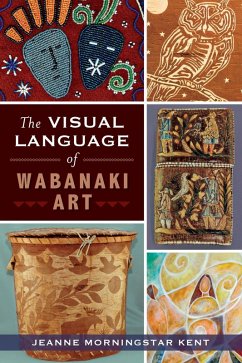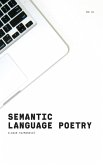For centuries, the people of the Wabanaki Nations of the northeastern United States and eastern Canada used signs, symbols and designs to communicate with one another. As Native Peoples became victims of European expansion, the Wabanaki were separated by war, the search for work and intermarriage, as well as by hiding their identities to avoid persecution. In this diaspora, their visual language helped them keep their teachings and culture alive. Their designs have evolved over time and taken on different meanings, and they are now used on objects that are considered art. While their beauty is undeniable, these pieces cannot be fully appreciated without understanding their context. Tribal member Jeanne Morningstar Kent sheds light on this language, from the work of ancient Wabanaki to today's artists--like David Moses Bridges, Donna Sanipass and Jennifer Neptune--once again using their medium to connect with their fellow Wabanaki.
Dieser Download kann aus rechtlichen Gründen nur mit Rechnungsadresse in A, B, BG, CY, CZ, D, DK, EW, E, FIN, F, GR, HR, H, IRL, I, LT, L, LR, M, NL, PL, P, R, S, SLO, SK ausgeliefert werden.


